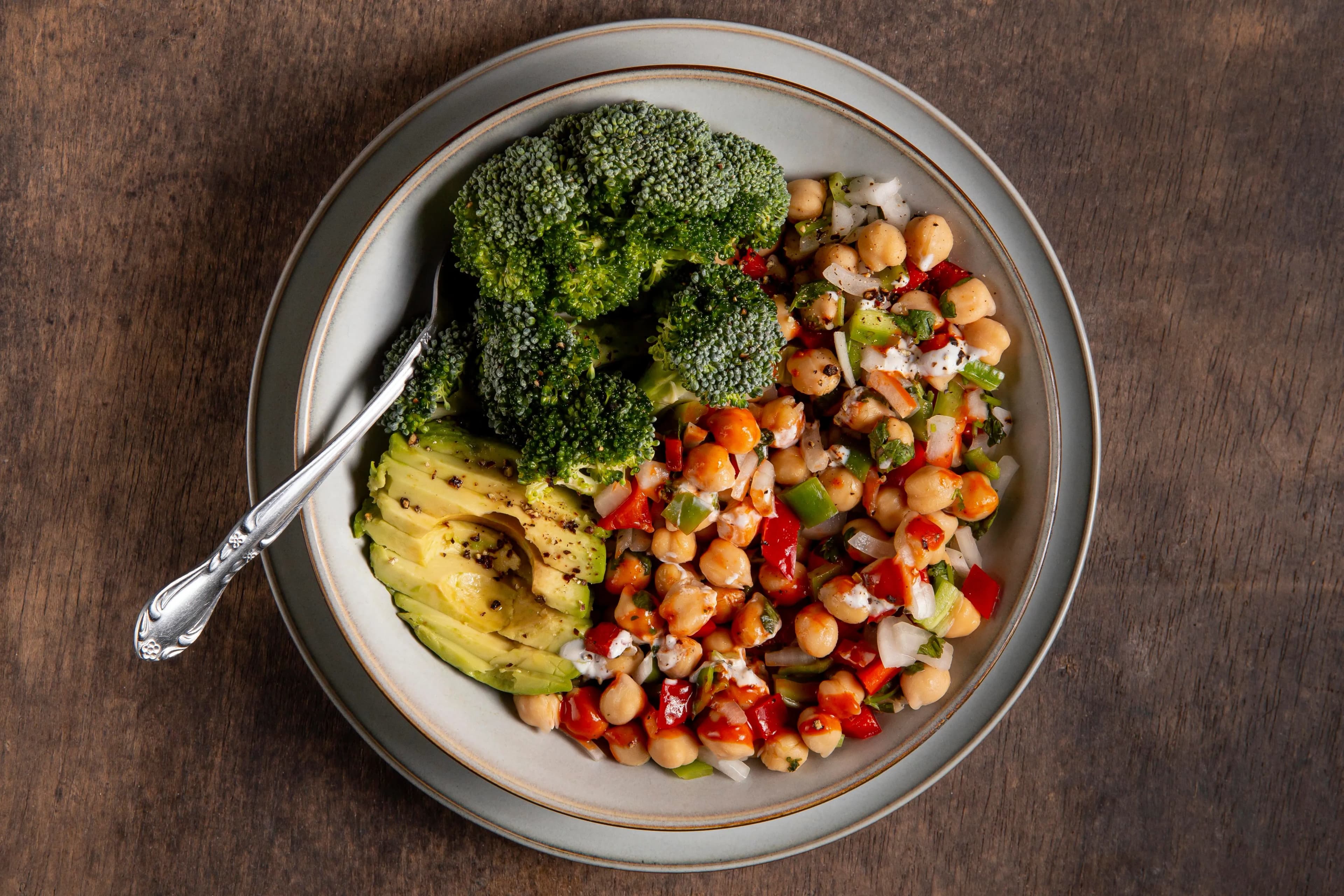
2025-07-07
|
Documentaries, Scientific Research
"Hack Your Health: The Secrets of Your Gut" is a Netflix documentary that focuses on the gut microbiome as its main subject of study. The film reveals facts about the digestive process through infographics, visual metaphors, personal stories, and commentary from leading scientists.
Why do we eat a lot yet still feel hungry? What do beneficial bacteria feed on? Why doesn't dieting always lead to weight loss? This film explains how the gut functions and answers these important questions in a detailed yet accessible way.
The documentary “Hack Your Health: The Secrets of Your Gut, was released on Netflix on April 26, 2024. The film's director, Anjali Nayar, is a renowned scientist whose filmography includes several documentaries on various topics.
This new work focuses on the connection between the gut and overall human health. The film explains how the gut affects physical and mental well-being, as well as why it is often called the body’s “second brain.”
Among the experts featured are Julia Enders, author of the bestseller Gut: The Inside Story of Our Body’s Most Underrated Organ, and Tim Spector, a professor of genetic epidemiology known for his microbiome research. Together, they help the audience understand how the digestive process works, what happens in the gut, and how bacteria can support health.
One of the key points of the film is that the health of the microbiome directly affects human emotions and behavior. The microbiome refers to all the microorganisms living in the human body, including the bacteria, fungi, and viruses inhabiting the gut, oral cavity, lungs, urinary tract, and skin surface.
Our immunity, brain function, and even our ability to lose weight depend on the complex ecosystem of the gut microbiome. The film demonstrates that bacteria produce neurotransmitters, such as serotonin, which regulates mood. Therefore,the creators of the documentary suggests that treating depression may require not only psychotherapy and medication, but also proper dietary choices.

The film illustrates its main points through the real-life stories of its characters. Each character undergoes a transformation, which is described in the documentary. The characters take a Gut Health Test, which is designed to assess gut health, microbiota, and overall digestive health. The test can be performed using stool samples, blood tests, or DNA-based microbiome testing.
Through the results of the test, we learn about the characters.
Maya, a young woman with orthorexia, an obsession with healthy eating. She fears consuming "unhealthy" food.
Kimi struggles with obesity and tries to lose weight, but dieting does not help her shed excess pounds.
Kabayashi is a Japanese food blogger who does not feel hunger or fullness, even though he eats properly.
Daniel also has digestive problems and undergoes fecal microbiota transplantation (FMT). During an FMT, stool from a healthy person is transplanted to a patient with an imbalanced microbiome.
The characters gradually learn how their microbiome affects their daily well-being. The film shows how specialists help the characters identify the causes of their health issues and find solutions.
In addition to personal stories, the film draws on current scientific research, including the work of Jeff Gordon. In his study, Gordon used twins, one of whom was obese and the other thin. The scientist transplanted the twins' bacteria into mice. The mice that received bacteria from the obese twin gained more weight from the same food than the mice that received bacteria from the thin twin. Therefore, a person's ability to maintain a healthy weight depends on the state of their microbiome.
Its value lies in its combination of character stories and scientific commentary. This presentation of the material makes the film look like a dialogue between theory and practice. Viewers receive not only facts, but also real stories.
The quality of the presentation is also important. In the documentary, complex processes are illustrated with visual effects, making them easy to understand. Viewers can easily absorb new information and understand how the gastrointestinal tract works. This is particularly evident in the depictions of food digestion, the interaction of microorganisms, and fecal microbiota transplantation.

The filmmakers consider the impact of diet on both the body and gene activity. Epigenetics is the study of changes in gene activity that occur without changes in the DNA nucleotide sequence. In the film, this complex science is presented in concrete terms. For instance, changing our breakfast changes our biology. Therefore, the film emphasizes that changing human behavior can change lives.
Scientists recommend consuming 40 grams of fiber per day because fiber is the primary food for beneficial bacteria. Without enough fiber, bacteria begin to feed on the available materials, including the mucous lining of the gut. When this layer is damaged, bacteria gain access to tissues where they do not belong. This can lead to inflammation, which, over time, may result in complications and chronic diseases.

Scientists recommend consuming 20-30 different vegetables per week to get enough fiber. This provides the body with the necessary fiber for a healthy microbiome. Therefore, the more varied your diet, the more likely you are to have healthy gut flora and improve your overall health. You can obtain additional health benefits by limiting your consumption of ultra-processed foods and engaging in physical activity.
"Hack Your Health: The Secrets of Your Gut is more than just a documentary about digestion. It is a science-based film that explores the complex ecosystem of microorganisms that influence our immunity, mood, and daily thinking. Thanks to its clear and vivid presentation of information combined with real-life stories, the documentary will engage everyone from general audiences to medical professionals.

The film emphasizes that our eating habits today shape who we will be tomorrow. We can all treat ourselves with more care and attention to improve our health and well-being.
Watch the film Boost Your Health: Secrets of the Gut to learn how the gut works and the role it plays in our health. You can view Anjali Nayar's documentary at: